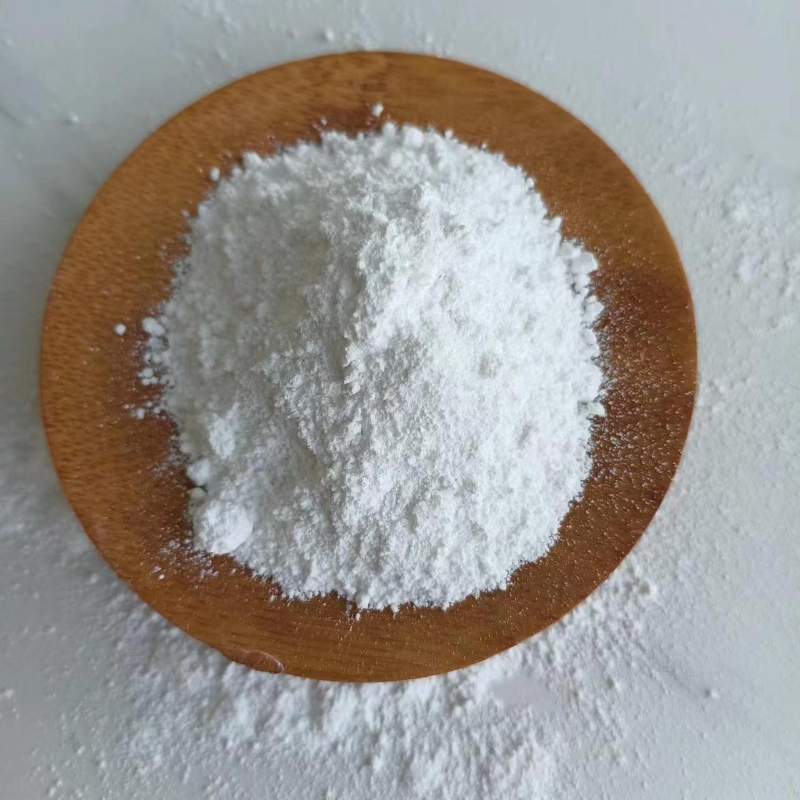-
Categories
-
Pharmaceutical Intermediates
-
Active Pharmaceutical Ingredients
-
Food Additives
- Industrial Coatings
- Agrochemicals
- Dyes and Pigments
- Surfactant
- Flavors and Fragrances
- Chemical Reagents
- Catalyst and Auxiliary
- Natural Products
- Inorganic Chemistry
-
Organic Chemistry
-
Biochemical Engineering
- Analytical Chemistry
- Cosmetic Ingredient
-
Pharmaceutical Intermediates
Promotion
ECHEMI Mall
Wholesale
Weekly Price
Exhibition
News
-
Trade Service
Gastric cancer (GC) is a major cause of cancer-related mortality worldwide
.
Although genetic factors or behavioral risks may cause GC, at the same time, it is the most representative example of cancer caused by the microbial carcinogen-Helicobacter pylori.
Helicobacter pylori infection in gastric cancer can cause chronic superficial gastritis (CSG).
Gastric microorganisms other than Helicobacter pylori may also participate in carcinogenesis with Helicobacter pylori
In order to better understand the biological characteristics of gastric cancer, the mouse model can provide a good research system to evaluate the functional characteristics of the gastric microbial community collected from humans at different disease stages
.
Transgenic insulin-gastrin (INS-GAS) mice can spontaneously develop into gastric adenocarcinoma.
Digestion
Although microorganisms other than Helicobacter pylori may also contribute to the occurrence of gastric cancer, there is currently no wild-type sterile (GF) mouse model used to study the role of the human gastric microbiota in this process
.
Recently, researchers evaluated the histopathological characteristics of the stomach of GF mice transplanted with gastric microbiota from patients with different gastric diseases, and their relationship with the microbiota
In this study, the researchers analyzed the microbiota profiles in the gastric crown, gastric antrum tissue and gastric juice of 12 patients with gastric dysplasia or gastric cancer
.
Afterwards, 42 GF C57BL/6 mice were inoculated with gastric crown and gastric antrum tissues and gastric juice from patients with chronic superficial gastritis, intestinal metaplasia, or GC (n=15 and n=12, respectively)
immunity
Histopathological analysis of the stomach of sterile (GF) mice transplanted with human endoscopic biopsy
Histopathological analysis of sterile (GF) mouse stomach transplanted with human endoscopic biopsy tissue Histopathological analysis of sterile (GF) mouse stomach transplanted with human endoscopic biopsy tissueThe results showed that the microbial community structure of the gastric crown and gastric antrum of patients with dysplasia or GC was similar
.
The gastric microbiota of patients with intestinal metaplasia or GC selectively colonizes the stomach of mice and induces pre-malignant lesions : loss of top cells and increase in inflammatory foci, expression of F4/80 and Ki-67, and CD44v9 /GSII lectin expression
The microbial community structure of the gastric crown and gastric antrum of patients with dysplasia or GC is similar
Original source:
Original source:Soon-Kyeong Kwon et al.
Soon-Kyeong Kwon et al.
Leave a message here







